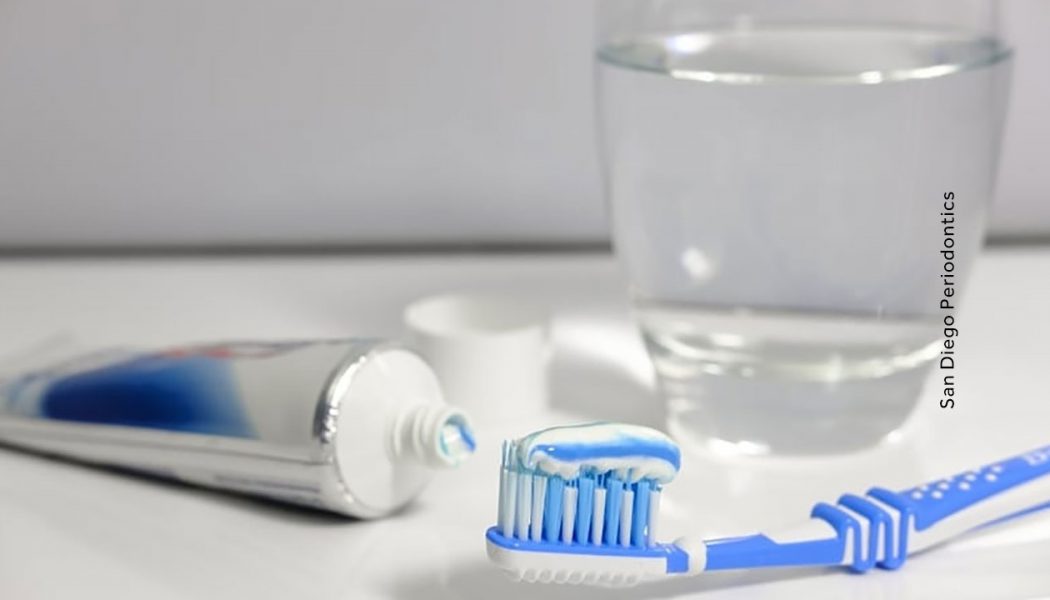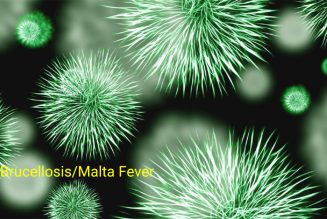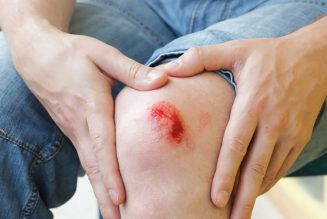Is Fluoride Safe? A very good question indeed. We use Toothpaste daily, most of which contain Fluoride. But are they really safe? Let us see whether using Toothpaste and Mouthwash containing Fluoride is good or bad.
First of all, Fluoride is safe for use in a Toothpaste or a Mouthwash unless consumed in large quantities. Municipal Water also in many places are added with small amounts of Fluorides. Having said that, Fluoride is not meant to be ingested. As a safety measure, Toothpaste containing Fluoride are not recommended for children below six years of age.
Swallowing Fluoride containing Toothpaste can lead to Fluorosis, which interferes with the development of Tooth Enamel and can result in white streaks on the teeth. Gastrointestinal problems are reported when Fluoride is consumed in large quantities than the recommended value. There is no need to worry about Fluorosis as long as you rinse and spit normally after brushing your teeth with a Fluoride Toothpaste.
Fluoride-free Toothpaste is available in the market which use natural ingredients like Hydrated Silica, Cranberry Extract and Xylitol which raises the pH of the mouth to limit Bacterial growth. Hydrated Silica works as a mild abrasive which gently cleans the Teeth and help removing Stains. But Fluoride-free Toothpastes are not capable of strengthening the Teeth and inhibiting Bacterial growth, as otherwise in the case of Toothpastes containing Fluoride.
Read an article about Fluoride in Toothpaste here
What is Fluoride
Fluorides are compounds of Fluorine and another Element or a group of Elements, produced by the reaction of Hydrofluoric Acid with a metal Oxide. Fluoride is thus a chemical substance that can make the Enamel on our Teeth stronger. Once we brush our Teeth with Toothpaste containing Fluoride, the Fluoride molecules arrange themselves in a Crystalline pattern, covering the molecules of the White Enamel on our Teeth. Since the Fluoride molecules fit more tightly that the other, they make the Enamel harder to break. The harder the Enamel, the fewer the Cavities.
Disclaimer: The information is provided only for public awareness and gathered from different sources. Use chemical products carefully and after consulting with a medical practitioner









